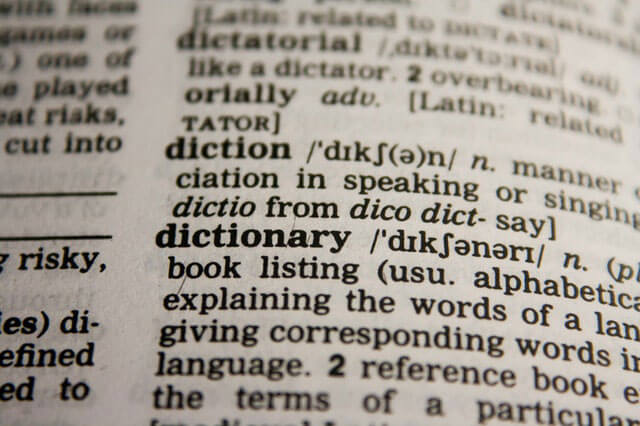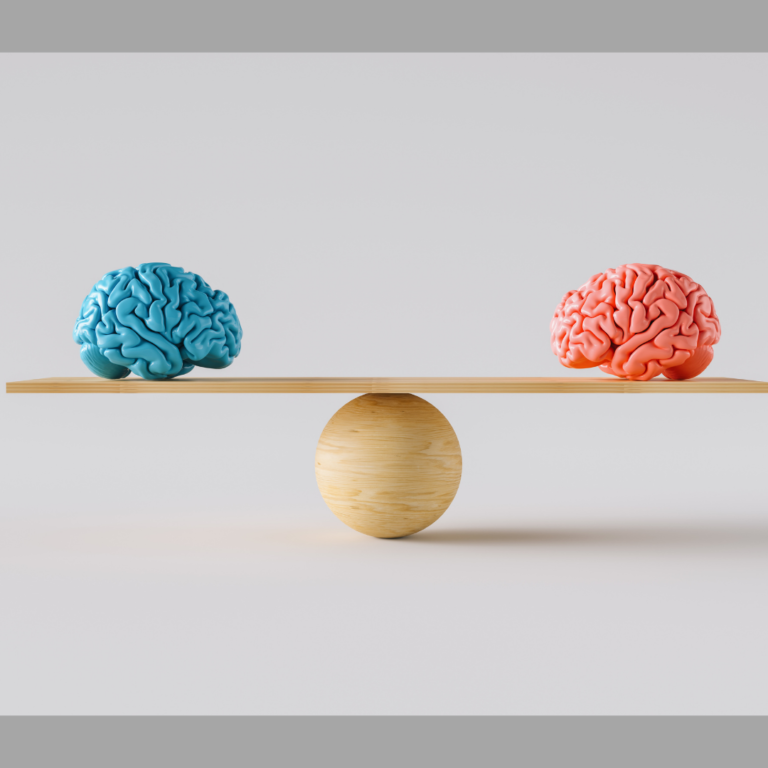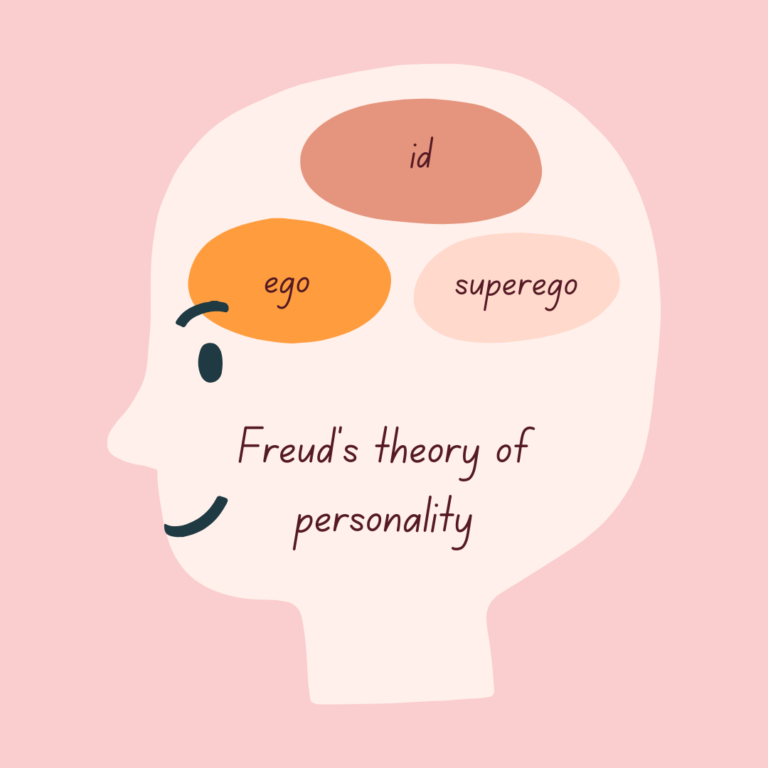Operant Conditioning Examples: How it Works
Operant conditioning is a learning process that utilizes reinforcement and punishment to modify behavior. Learn more about how it works.

Operant conditioning is a learning process that utilizes reinforcement and punishment to modify behavior. Learn more about how it works.

Classical conditioning is a learning process in which a neutral stimulus is paired with another stimulus that naturally produces a response. After repeated pairing, the previously neutral stimulus begins to evoke the response all on its own. Examples of classical conditioning include Pavlov’s experiment with dogs salivating at the sound of a bell and fear…

Albert Bandura was an influential Canadian-American psychologist known for his social learning theory, the Bobo doll experiment, observational learning, and self-efficacy. Throughout his long career, he left an indelible mark on the field of psychology and influenced other areas such as education and psychotherapy. In this article, learn more about Albert Bandura, including his early…

Social learning theory, also known today as social cognitive theory, is a theory proposed by psychologist Albert Bandura that explains how people learn through observation, imitation, and modeling. This model of learning suggests that both environmental and cognitive factors play a critical role in the acquisition of knowledge. In this article, learn more about the…
B. F. Skinner was born on March 20, 1904. He went on to become an influential psychologist who first described the learning process known as operant conditioning. Skinner played a pivotal role in behaviorism, a school of thought that suggested that all behavior was learned through conditioning processes. Skinner referred to himself as a radical…

Psychological experiments can tell us a lot about the human mind and behavior. Some of the best-known experiments have given us insights into topics such as conformity, obedience, attachment, and learning. There are many famous (and sometimes infamous) psychological experiments that have helped shape our understanding of the human mind and behavior. Such experiments offered…

Explore our growing collection of psychology definitions and terms. A – B Abnormal Psychology Absolute Threshold Accommodation Action Potential Actualizing Tendency Acquisition Affirmations Assimilation Autocratic Leadership Autonomy Attachment Theory Barnum Effect Behaviorism Bias Blind Spot Big 5 Personality Traits C – D Cardinal Traits Case Study Chunking Choice Blindness Classical Conditioning Cognitive Bias Cognitive Dissonance…

Personality psychology explores the unique patterns of thoughts, feelings, and behaviors that define who we are. It seeks to uncover what drives our individual traits and how they influence our interactions with the world. Key Takeaways What Is Personality Psychology? Personality psychology is a branch of psychology that studies the patterns of thoughts, feelings, and…

Nonverbal communication is vital in how we share things with others and understand what others are trying to say. Communication is essential for successful interpersonal relationships, but it isn’t just the words you say that speak volumes. Your nonverbal signals—including body language and facial expressions—are forms of nonverbal communication that can carry much meaning. In…

People with a Type A personality are ambitious, competitive, and perfectionistic—which can be advantageous at times, and stressful in others.

Cognitive dissonance, the mental discomfort from holding conflicting beliefs, reveals how we rationalize choices and strive for inner consistency.

Creating closeness and intimacy with another person usually takes time, communication, and shared experiences. Psychology research suggests that there is a way to speed up this process and get closer to another person—even a complete stranger—by asking a specific series of 36 questions. This is something that might help you get to know a potential…

Imposter syndrome is a phenomenon in which people doubt their own education, competence, skill, talents, accomplishments, and knowledge. The five imposter syndrome types that have been identified are the Perfectionist, Expert, Soloist, Natural Genius, and Superhuman. Different patterns characterize each type, but each causes people to feel less competent than how they are perceived by…

A cognitive bias is an unconscious systematic pattern of thinking that can result in errors in judgment. These biases stem from the brain’s limited resources and need to simplify the world to make faster decisions. Such biases are often the result of limitations or problems in memory, attention, and information processing. While such biases often…

The id, ego, and superego are important are components of personality in Freud’s psychoanalytic theory. Learn more.

Just as physical health is about more than being free of illness, mental health is about much more than the absence of mental disorders. It includes psychological, social, emotional, cognitive, and behavioral factors. It involves your ability to manage stress, make decisions, get along with others, and enjoy your life. Your psychological well-being can have…

Practice effects, the improvements seen with repeated testing or tasks, offer insights into learning and memory—but they also raise questions about validity in research.

Attention span refers to a person’s ability to attend to something for a period of time. The amount of time you are able to focus can vary from one individual to the next. You individual attention span can be affected by things like practice, personality, cognitive resources, mental health conditions, and your age. So what…

Theories of emotional intelligence reveal how understanding and managing emotions can lead to stronger relationships, better decision-making, and personal success. Explore the ideas shaping this fascinating field.

Psychologist Howard Gardner suggested that there are eight different types of intelligence. Gardner’s theory of multiple intelligences redefines how we understand intelligence, emphasizing diverse cognitive abilities beyond traditional IQ. This article explores Gardner’s theory and how it compares to other theories. It also discusses the characteristics of each of the different types of intelligence. Key…